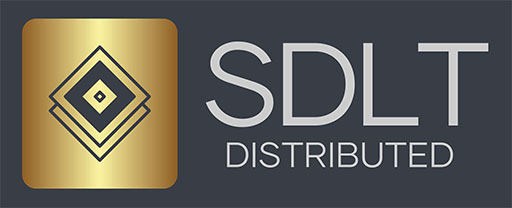
How blockchain could transform mutual fund ownership in India
In fact, the Hong Kong pilot showed that smart contracts can easily automate subscriptions, redemptions, and distributions, and handle compliance, i.e. KYC (Know Your Customer) and AML (Anti Money Laundering) checks without manual intervention. This has key implications for India—Smart contracts can reduce back-office costs and enable instant T+0 settlement, bypassing traditional RTAs for certain fund types. When mutual fund ownership is moved to a DLT-based system, KYC/AML can be embedded as smart contract layers, enabling Auto-verification of KYC status from blockchain identity nodes, real-time AML alerts on suspicious wallet behaviour, and permissioned access only for verified wallets (whitelisting).
HKMA’s pilot stressed on systems being interoperable, i.e. able to talk to each other — between asset managers, distributors, custodians, and regulators. It therefore implies that India’s fund ecosystem (AMCs, Sebi, RTA, KRA, NSE/BSE) must adopt shared DLT protocols or APIs. Working in silos would be disastrous. The HK pilot involved banks, fintechs, fund houses, and the regulator working together. Therefore, no single AMC or distributor in India should attempt to go solo. Instead, a consortium model (AMFI, AMCs, RTAs, fintechs) could foster innovation and manage risk.
